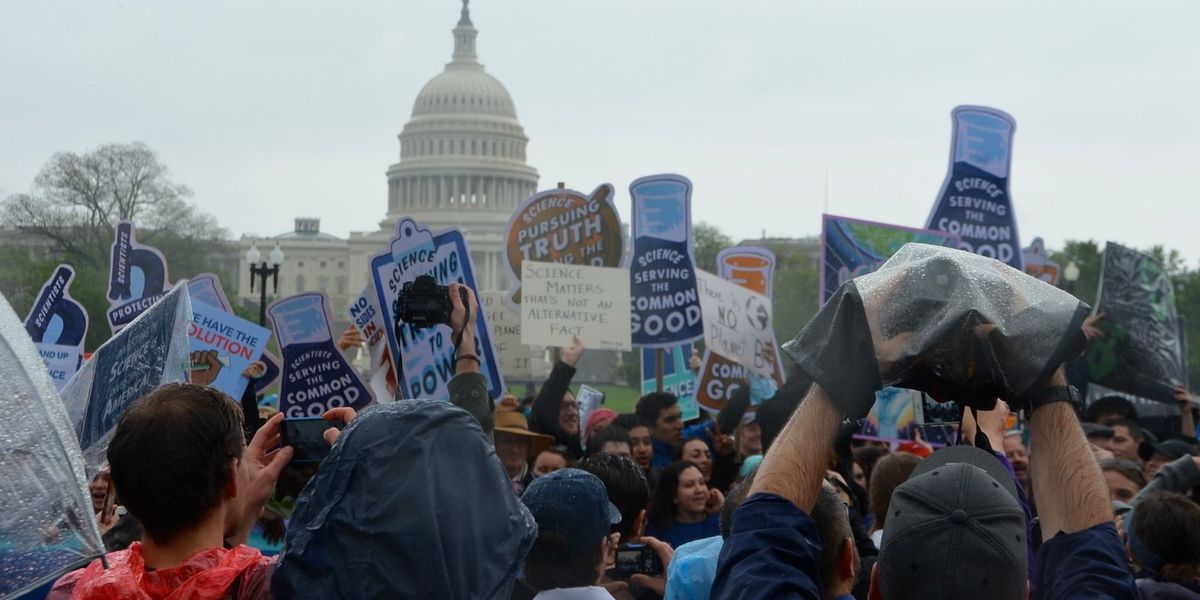
Peter Dykstra: The good news that gets buried by the bad
On the environment beat, maybe it’s right that the bad news dominates. But the good news is out there, too.
Habitat loss. Climate change and its impacts. Mass extinctions. Pollution and its impacts. Every once in a while, maybe it’s a good idea for someone like me to shut up and talk about the victories – even if they’re small. Here are but a few.
An endangered species law with teeth
Wow. Just wow. When a large animal recovers from near-extinction, it’s usually because they’re cute and cuddly, or otherwise adorable, and generate huge public support. American alligators aren’t adorable and cuddling is not recommended.
But there’s a market for alligator meat and hides. Men and women who proudly call themselves “swamp rats” so efficiently killed these beasts that their 1967 designation as an endangered species pre-dated the current Endangered Species Act by six years.
Alligators made a remarkable comeback and were taken off the endangered list in 1987. Today, tightly controlled gator hunting has resumed, and unless you have strong feelings against hunting gators, Louisiana expects a record hunt this year.
Coal’s continuing comedown
Last week a demolition crew took down the main building and towering smokestack of a coal-burning power plant near Boardman, Oregon. As a result, Oregon became the latest state to become completely free of coal-burning facilities.
This week, Hawaii is scheduled to shut its only coal plant, meeting the state deadline to quit coal by the end of 2022. One caveat: Hawaii will have to backslide for a while until clean energy makes a home there. It'll be the tenth state to shut down its coal-burning facilities.
Currently, oil and natural gas, shipped in from the mainland, are the only options until clean energy takes hold.
A coal consolation
The American Chestnut once covered hillsides all over the eastern U.S., but a blight nearly wiped out the tree in the mid-20th Century.
And as America’s coal industry receded, it left behind a mess of abandoned coalfields with barren, acidified soil.
Enter a nonprofit called Green Forests Work. They’ve planted thousands of chestnuts on minesites — It turns out that chestnut seedlings can thrive in thin, disturbed acidic soils. Since 2009, the group has planted “over tens of thousands of chestnuts, across 9,400 acres of mined lands,” according to the New York Times.
The minesites and the chestnuts are both a long way from salvation, but here’s one case where innovation and inspiration work together.
Giving away your entire company for climate action
Yvon Chouinard was a climate activist before climate was hot. At 83, the billionaire owner of the Patagonia brand of outdoor wear and gear may no longer be an everyday rock climber, but he’s making big changes with the company: He’s giving it away to fund climate action.
He’s fond of saying “Earth is now our only shareholder” of his $3 billion baby, now the property of the Patagonia Purpose Trusts and a new nonprofit, the Holdfast Collective.
Building back green after disaster
Two years ago, in the midst of the worst wildfire year in Oregon history, about half the town of Talent was wiped off the map.
Following the lead of other towns felled by floods, tornadoes and even a tsunami, Talent built back smarter.
Triple-pane windows and fire-resistant insulation are two of the improvements backed by Energy Trust, a utility-supported nonprofit that counsels homeowners on energy efficiency. The website Fast Company talked to one homeowner who said his monthly electric bill has shrunk to $11.
Talent has many post-disaster role models. In May 2007, Greensburg Kansas was destroyed by an EF-5 tornado. Homes and buildings were rebuilt with Insulated concrete form blocks that deal much better with heat, cold and destructive winds. The entire town now runs on 100% renewable energy and high speed fiberoptics.
Valmeyer in Ilinois, and Soldiers Grove in Winsonsin, are two river towns that suffered regular damage from major floods. With federal funding, they rebuilt uphill and out of harm’s way, Valmeyer in 1993 and Soldiers Grove the early 1980s.
Now Talent and other towns destroyed by fire can provide examples for future wildfires.
But by curbing climate change and other causes of so many “natural” disasters, it would be better news if we focused more on the ounce of prevention.
Peter Dykstra is our weekend editor and columnist and can be reached at pdykstra@ehn.org or @pdykstra.
His views do not necessarily represent those of Environmental Health News, The Daily Climate, or publisher Environmental Health Sciences.














